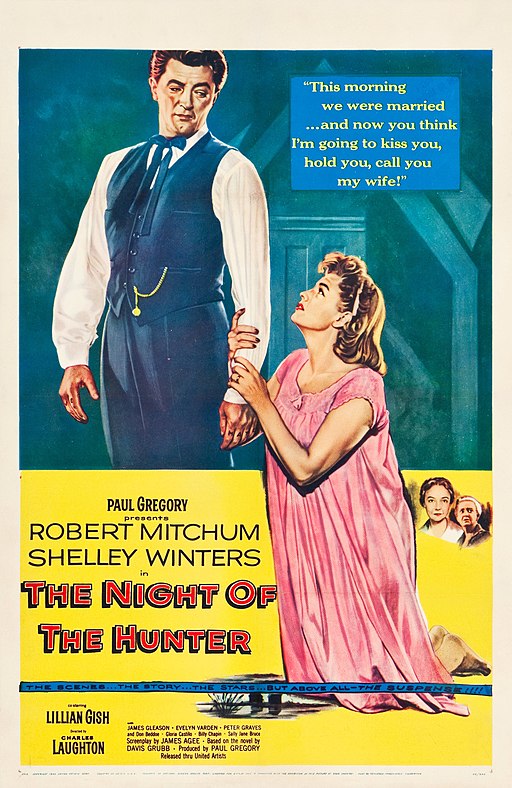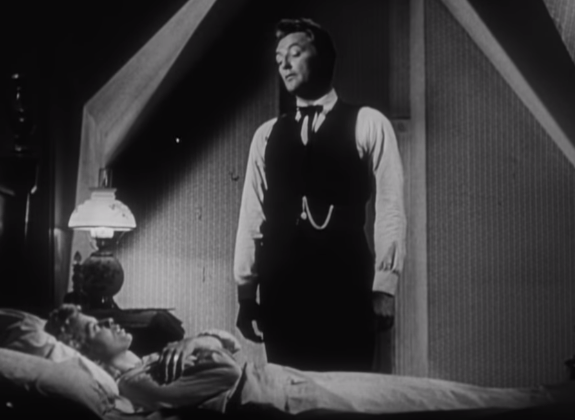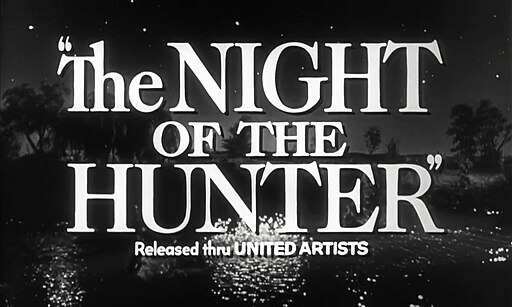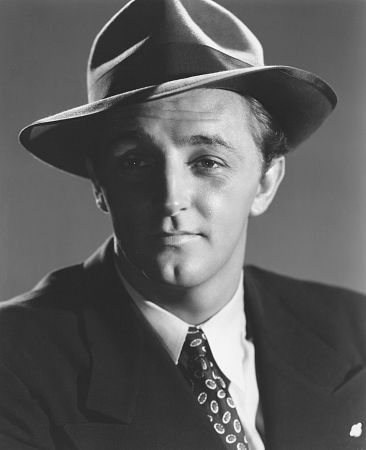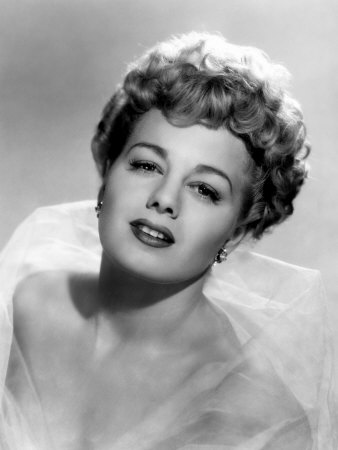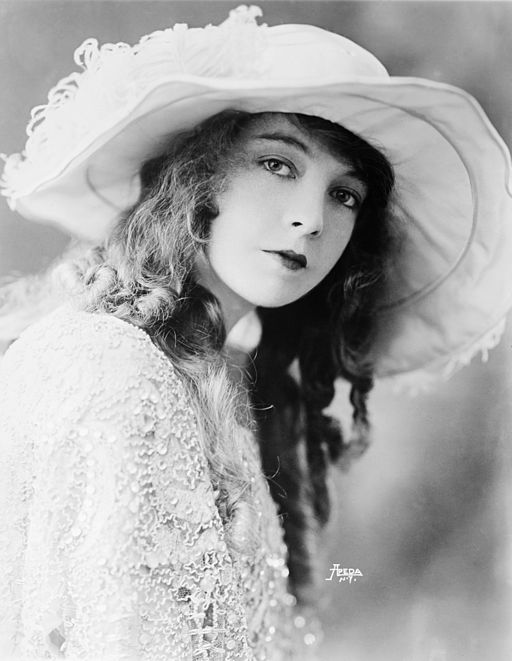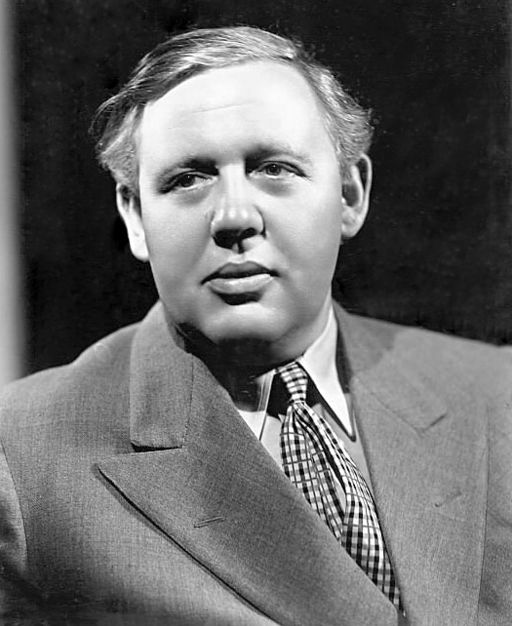The Night of the Hunter - 1955
back| Released by | United Artists |
| Director | Charles Laughton |
| Producer | Paul Gregory |
| Script | James Agee based on the novel by Davis Grubb |
| Cinematography | Stanley Cortez |
| Music by | Walter Schumann |
| Running time | 93 minutes |
| Film budget | Approximately $795,000 |
| Box office sales | Estimated $1.5 million (initial release) |
| Main cast | Robert Mitchum - Shelley Winters - Lillian Gish - Billy Chapin |
The Night of the Hunter (1955) - A gem of darkness and suspense
"The Night of the Hunter" is a Southern Gothic thriller that tells the chilling story of a corrupt and charismatic preacher, Harry Powell, who woos a fragile widow, Willa Harper, in an attempt to steal a fortune hidden by her executed husband. When her children, John and Pearl, refuse to reveal the money's location, they embark on a perilous journey to escape Powell's sinister clutches, finding refuge with a stern yet compassionate protector, Rachel Cooper.
A central part of the movie is the torment and fear a fake evangelist inflicts upon the children after murdering their mother. It is the only tine revered actor Charles Laughton took to direction. As the reviews were not at all thrilling he left it with this one and only movie. And that is a shame as The Night of the Hunter is one of the gems of fifties’ movie scene. Later the movie received the recognition it did not get in the important year of its release.
Related
Analysis of The Night of the Hunter
From flop to top
Despite initially receiving mixed reviews and performing poorly at the box office, "The Night of the Hunter" has since been re-evaluated and is now widely regarded as one of the greatest films of the 1950s. Laughton’s direction and Mitchum’s performance are particularly praised, and the film is noted for its stark, expressionistic cinematography and its haunting, allegorical narrative. The movie's visual style, characterized by its use of strong contrasts, chiaroscuro lighting, and evocative compositions, has had a lasting impact on the horror and thriller genres.
"The Night of the Hunter" was Charles Laughton’s only directorial effort, and its critical renaissance has cemented its status as a classic of American cinema, illustrating the power of visual storytelling and the lasting impact of innovative filmmaking.
First and last direction of Charles Laughton
Charles Laughton was an acclaimed actor with a robust career in both stage and film before he took on the directorial role for "The Night of the Hunter." Born in England in 1899, Laughton moved to the United States and garnered attention for his versatile acting skills, winning an Academy Award for his performance in "The Private Life of Henry VIII" (1933).
Why He Chose to Direct "The Night of the Hunter"
Laughton was drawn to the project by the novel's potent mix of suspense, morality, and complex characters. He saw in it an opportunity to explore themes of good versus evil, innocence corrupted, and the power of resilience. Laughton also had a personal connection to the material, as he identified with the children's vulnerability and the presence of an oppressive, manipulative authority figure, reminiscent of his own strict upbringing.
Critical Reception
Upon its release in 1955, "The Night of the Hunter" received mixed reviews and was a commercial failure. Critics and audiences found its blend of genres and its stark, expressionistic style disconcerting. Many were unprepared for the film’s dark themes and the menacing performance of Robert Mitchum. The film's lyrical qualities and its departure from conventional storytelling were not widely appreciated at the time.
Why He Never Directed Again
The film’s failure at the box office deeply affected Laughton. He had poured much of himself into the project, and the negative reception left him disillusioned with directing. The experience scarred him to the extent that he never directed another film, despite his evident talent and unique vision.
Despite this, Laughton’s legacy as an actor remained intact, and in the years following its release, "The Night of the Hunter" underwent a critical reevaluation. Today, it is celebrated as a masterpiece, lauded for its boldness, artistic innovation, and the powerful performances Laughton elicited from his cast. Unfortunately, Laughton did not live to see this change in perception, as he passed away in 1962.
In the end, Charles Laughton’s directorial career may have been short-lived, but "The Night of the Hunter" stands as a testament to his artistic vision and remains an influential work in the history of cinema.
Analysis of Charles Laughton’s direction
Charles Laughton’s direction of "The Night of the Hunter" is a masterful display of visual storytelling, marked by innovative techniques, atmospheric tension, and a deep understanding of the film’s dark themes.
Visual Aesthetics and Cinematography:
Laughton, along with cinematographer Stanley Cortez, created a visual style for "The Night of the Hunter" that drew inspiration from German Expressionism. The film is notable for its stark contrasts, deep shadows, and imaginative use of light and darkness, all of which contribute to the ominous atmosphere. Laughton’s meticulous framing and composition heighten the sense of suspense and foreboding.
Symbolism and Allegory:
Laughton incorporated a wealth of symbolism and allegory into the film, using visual metaphors to explore themes of good versus evil, innocence, and corruption. The recurring motif of hands – particularly Powell’s tattooed knuckles – serves as a powerful symbol of the duality of human nature.
Performance Direction:
Laughton was known for his ability to elicit strong performances from his actors, and "The Night of the Hunter" is no exception. He guided Robert Mitchum in creating one of the most iconic villains in cinematic history, while also drawing out compelling performances from the child actors, Billy Chapin and Sally Jane Bruce, and veteran actress Lillian Gish.
Pacing and Tension:
Laughton’s direction ensures that the film maintains a relentless pace, with a buildup of tension that keeps viewers on the edge of their seats. He expertly balances moments of suspense with quieter, more reflective scenes, creating a rhythm that enhances the overall impact of the story.
Innovative Storytelling:
Laughton was not afraid to take risks and experiment with narrative structure and storytelling techniques. The film’s use of surreal imagery, dreamlike sequences, and expressionistic elements broke from conventional filmmaking norms of the time, showcasing Laughton’s innovative approach to storytelling.
Legacy and Influence:
While "The Night of the Hunter" was Laughton’s only directorial effort, its impact on the world of cinema has been profound. The film’s visual style, thematic complexity, and psychological depth have influenced countless filmmakers and have established it as a seminal work in the history of American cinema.
Complete cast of “The Night of the Hunter”:
- Robert Mitchum as Reverend Harry Powell
- Shelley Winters as Willa Harper
- Lillian Gish as Rachel Cooper
- Billy Chapin as John Harper
- Sally Jane Bruce as Pearl Harper
- James Gleason as Uncle Birdie Steptoe
- Evelyn Varden as Icey Spoon
- Don Beddoe as Walt Spoon
- Peter Graves as Ben Harper
- Gloria Castillo as Ruby
- Emmett Lynn as Birdie Steptoe
- Cory Allen as Young Man in Town (uncredited)
- Paul Bryar as Bart the Hangman (uncredited)
- Cheryl Callaway as Mary (uncredited)
- Michael Chapin as Ruby's Boyfriend (uncredited)
- Mary Ellen Clemons as Clary (uncredited)
- Kathy Garver as Child (uncredited)
- James Griffith as District Attorney (uncredited)
- John Hamilton as Townsman in Mob (uncredited)
- Kay Lavelle as Miz Cunninghan (uncredited)
- Mitchell Kowal as Mr. Spoons (uncredited)
- Grady Sutton as Man on Porch (uncredited)
- Paul Scardon as Townsman (uncredited)
- Karlene Rogan as Willa's Sister (uncredited)
- John Truax as Guard (uncredited)
Robert Mitchum’s role as Reverend Harry Powell analyzed
Robert Mitchum’s portrayal of Reverend Harry Powell in "The Night of the Hunter" is widely regarded as one of his finest and most haunting performances, solidifying his status as a cinematic legend. His character is a chilling embodiment of evil, masked by a veneer of charm and religious fervor.
Physical Presence:
Mitchum’s towering frame and deep, resonant voice contribute significantly to the menacing aura of his character. He uses his physicality to dominate scenes, instilling a sense of dread and unease. His piercing gaze and sinister smile convey Powell’s malicious intentions, even as he maintains a calm and charismatic demeanor.
Charisma and Manipulation:
Mitchum excels at portraying Powell’s manipulative nature. He uses his charm and persuasive skills to deceive the townspeople and gain access to the Harper family, all while hiding his true intentions. His ability to switch between charismatic preacher and sinister predator is seamless, showcasing Mitchum’s range as an actor.
Complex Characterization:
Mitchum’s Powell is not a one-dimensional villain; he is a complex character with his own twisted sense of morality and justification for his actions. He genuinely believes he is on a divine mission, which adds layers to his character and makes his performance all the more unsettling.
Expression of Inner Turmoil:
Mitchum skillfully expresses Powell’s inner turmoil and obsession, particularly in his pursuit of the hidden money. His moments of rage and frustration reveal the cracks in his façade, providing a glimpse into the desperation and madness that drive his actions.
Influence and Legacy:
Mitchum’s performance in "The Night of the Hunter" has left a lasting impact on the thriller and horror genres. His portrayal of a charismatic villain with a dark side has influenced numerous subsequent films and performances. His ability to create a character that is both charming and terrifying set a new standard for cinematic villains.
In conclusion, Robert Mitchum’s portrayal of Reverend Harry Powell is a masterclass in acting, showcasing his ability to create a complex, charismatic, and utterly terrifying villain. His performance is a central element of what makes "The Night of the Hunter" a timeless classic, and it remains one of the most memorable and chilling roles in film history.
Analysis of Shelley Winters performance as Willa Harper
Shelley Winters delivered a captivating and emotionally resonant performance in "The Night of the Hunter" as Willa Harper, the fragile and vulnerable mother of John and Pearl. Winters’ portrayal of Willa is complex, showcasing her character’s internal struggles and desperation, which add depth to the film’s exploration of innocence, manipulation, and tragedy.
Vulnerability and Desperation:
Winters effectively conveys Willa’s vulnerability and desperation as a widow struggling to provide for her children while grappling with her own loneliness and desire for companionship. Her performance captures the essence of a woman searching for stability and guidance, making her susceptible to Reverend Harry Powell’s manipulative charm.
Transformation and Delusion:
Winters skillfully depicts Willa’s transformation under Powell’s influence, showcasing her character’s descent into delusion and misplaced faith. Her gradual submission to Powell’s control is both heartbreaking and unsettling, as Winters brings a raw and sincere quality to Willa’s misguided journey toward salvation.
Emotional Complexity:
Winters’ portrayal of Willa is rich with emotional complexity, as she navigates the conflicting emotions of hope, fear, and confusion. Her interactions with Powell are charged with tension, and Winters skillfully balances Willa’s moments of resistance with her vulnerability, creating a layered and empathetic character.
Tragic Arc:
Winters’ performance culminates in a tragic arc, as Willa becomes a victim of Powell’s ruthless pursuit. Her final moments in the film are haunting and memorable, leaving a lasting impact on the audience and underscoring the film’s themes of innocence corrupted and the destructive power of evil.
Legacy:
Shelley Winters’ role as Willa Harper stands out as a pivotal element of "The Night of the Hunter," contributing significantly to the film’s emotional depth and thematic richness. Her ability to portray vulnerability, desperation, and emotional complexity adds layers to the narrative, making Willa a tragic and unforgettable character.
Awards and nominations
"The Night of the Hunter” did not receive any Academy Award nominations or wins at the time of its original release in 1955. The film was largely overlooked and underappreciated during its initial theatrical run, contributing to its absence from major award nominations that year.
However, the film has since gained critical acclaim and is now considered a classic of American cinema. In recognition of its significance, "The Night of the Hunter" has received various honors and accolades over the years, including:
National Film Registry
In 1992, the United States Library of Congress selected "The Night of the Hunter" for preservation in the National Film Registry, recognizing it as "culturally, historically, or aesthetically significant."
AFI's 100 Years...100 Thrills
The American Film Institute ranked "The Night of the Hunter" at #34 on its list of the most thrilling American films in 2001.
AFI's 100 Years of Film Scores
The film's score, composed by Walter Schumann, was nominated for AFI's 100 Years of Film Scores in 2005.

